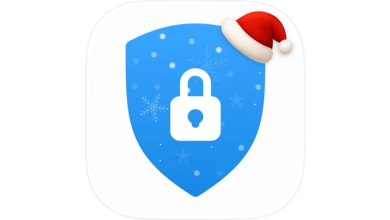
Introduction
Many healthcare teams still rely on spreadsheets and email threads to manage patient care—systems prone to errors, delays, and information loss. It’s time for a smarter solution: care coordination software.
The Risks of Manual Tracking
- No real-time updates
- Limited collaboration
- Risk of data loss or duplication
- No audit trail or compliance visibility
Manual systems create silos and slow down critical decisions.
What Software Does Differently
Unlike spreadsheets, care coordination platforms provide:
- Shared digital care plans
- Real-time notifications and status updates
- Secure messaging across providers
- Centralized access to patient history and tasks
All of this helps your team operate more effectively.
Save Time, Reduce Stress
Automating routine processes—like scheduling, check-ins, or referrals—saves hours each week and reduces the risk of something falling through the cracks.
Secure and Compliant by Design
Modern platforms offer HIPAA-compliant storage and communications, with role-based permissions and audit logs—far beyond what spreadsheets can offer.
Built for Modern Teams
At Ignyte Group, we help organizations replace outdated tools with cutting-edge care coordination software that improves care continuity and team efficiency.
Final Thoughts
Spreadsheets can’t keep up with the complexity of today’s healthcare. Upgrading to dedicated software isn’t just smart—it’s essential for scalable, compliant, and connected care.
Spreadsheets have long been the default tool for organizing data in many industries—but when it comes to healthcare, their limitations are becoming increasingly evident. Today’s care environments demand a higher level of accuracy, speed, and coordination than spreadsheets can realistically provide. Patient data is dynamic and multifaceted, involving everything from clinical histories and medication lists to care plans and provider notes. Managing this level of complexity manually across disconnected sheets is not only inefficient but also introduces serious risks: version control issues, human error, data silos, and non-compliance with evolving regulations like HIPAA.
Upgrading to dedicated care coordination software isn’t just a technological improvement—it’s a critical step toward scalable, compliant, and high-quality care. With real-time access to centralized patient data, care teams can collaborate more effectively, avoid duplicating efforts, and respond faster to patient needs. Automated workflows, task tracking, secure messaging, and outcome monitoring are just a few features that transform day-to-day operations from reactive to proactive. Moreover, these platforms are designed with healthcare compliance in mind, helping organizations meet regulatory requirements without the stress of manual documentation and reporting.
As healthcare systems increasingly shift toward value-based care and integrated services, the ability to connect, communicate, and coordinate efficiently is no longer optional—it’s essential. By moving away from outdated spreadsheet models and investing in purpose-built software, your care team not only enhances operational efficiency but also improves patient outcomes, staff satisfaction, and long-term sustainability.
Beyond improving daily workflows, care coordination software also empowers leadership with valuable insights through real-time analytics and reporting. These tools help track performance metrics, identify care gaps, and make informed decisions that drive better outcomes. Unlike spreadsheets, which require manual compilation and analysis, software solutions provide instant access to actionable data across teams and departments. This visibility supports continuous improvement and ensures that care delivery aligns with both clinical goals and compliance standards. As patient expectations grow and regulations evolve, embracing modern digital tools is the key to staying ahead—ensuring your organization delivers safer, smarter, and more connected care every step of the way.




